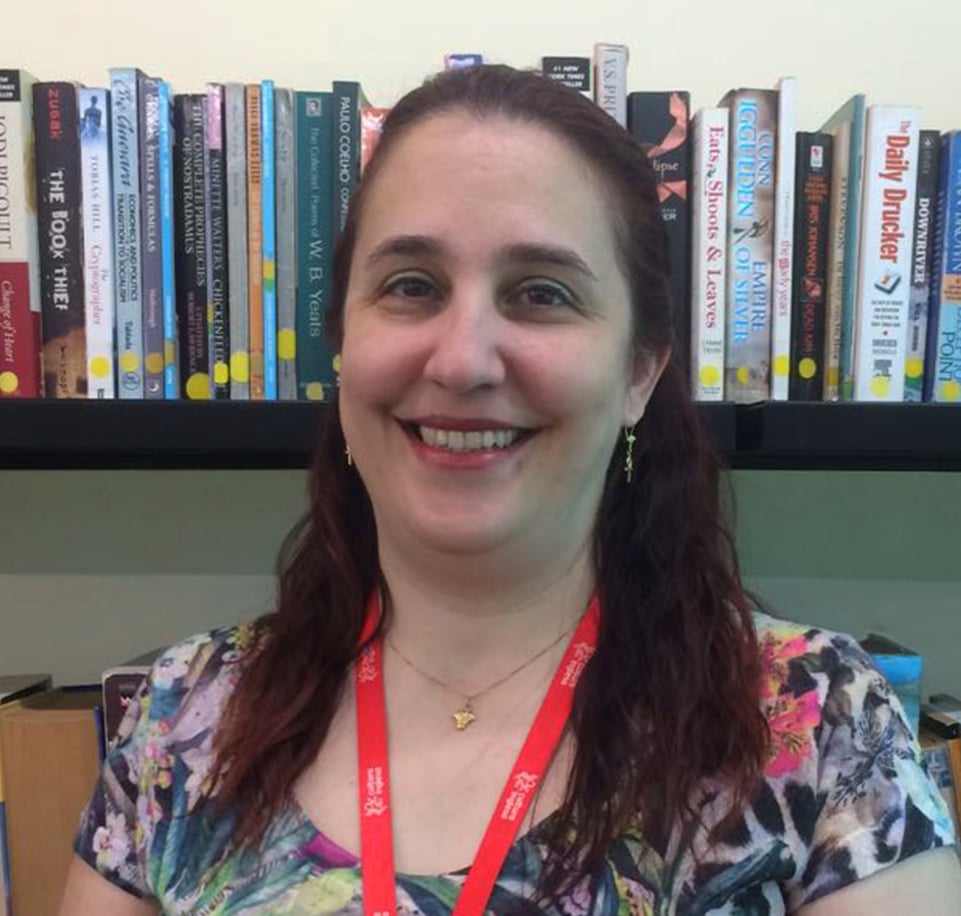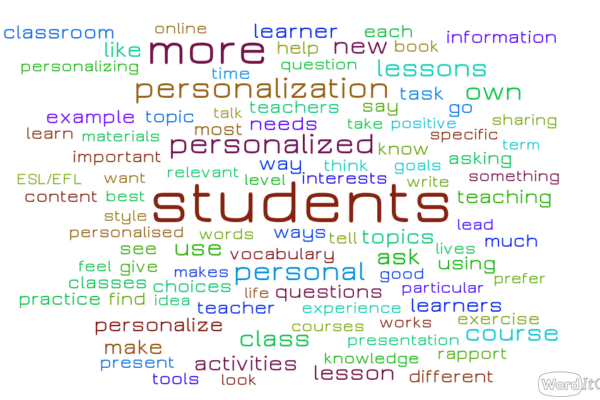Are we teaching listening or just practising it?
I have been asking myself to what extent the traditional way of teaching listening actually contributes to learners becoming better listeners… John Field changed my relationship with listening, and since I first read his book ‘Listening in the Language Classroom’, I have been looking for answers whenever I teach a lesson that includes Skills Development Listening.
I guess when we start teaching, most of us are really happy to be able to deliver a listening lesson with PRE-WHILE-POST stages that seem to be relevant, effective and coherent to learners. But does that ensure we are helping them to improve and develop their listening? I’m not so sure!
Field explains beautifully that ‘A conventional listening comprehension lesson simply adds yet another text to the learners’ experience; it does little or nothing to improve the effectiveness of their listening or to address their shortcomings as listeners’ (Field, 2010). That shocked me… I immediately started questioning my practices and started researching more on the topic.
Here are some interesting ideas I came across while doing so:
- When we teaching listening, we usually measure success by how many correct answers learners get – how different is it from testing?
- What if we also focused on where understanding broke down? Studying the listening text in advance so that we, as teachers, can predict possible learners’ difficulties and how to deal with them is definitely a plus!
- If my learners struggle with a listening text; playing it over and over will never make them better listeners. I need to include some kind of remedial micro-listening exercises that will change the way they listen, raising their awareness to patters they do not yet ‘see’.
- If traditional model PRE-WHILE-POST can be combined with these remedial micro-listening exercises, chances are that learners will experience listening in a different manner, which might contribute to their development as listeners.
- When we adopt a process approach towards listening, we aim at understanding the behaviour successful listeners have and the processes which underpin their performance.
- As competent listeners in L1, we need to adapt our capabilities to the different circumstances found in L2.
- As teachers, our decoding routines are quite automatic: we can easily move from phoneme level towards meaning level. Learners, however, still have to make considerable effort to decode information, which sometimes prevents them from focusing on building meaning.
- At early stages of learning English, it might be useful to teach learners to use context, their knowledge of the world, of topic in questions to help them understand and compensate for inadequate decoding – that’s exactly what we do in L1!
Ok, now what? What remedial micro-listening exercises are these? Well, that is a rather long answer, but I highly recommend reading Field’s book and delving into this brand new way of teaching listening…
Have fun!
- Brown, D.H. (2001) Teaching by Principles: An Interactive Approach to language Pedagogy, USA: Pearson Education
- Field, J. (2008) Listening in the Language Classroom, UK: Cambridge University Press
- Richards, J. (1990) The Language Teaching Matrix, USA: Cambridge University Press





